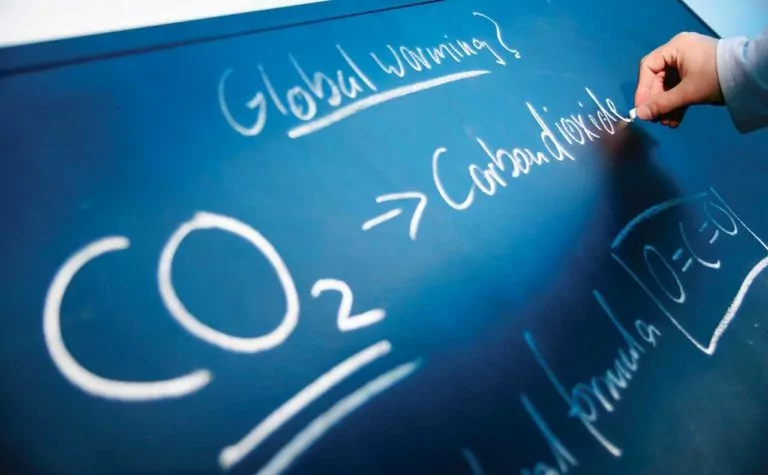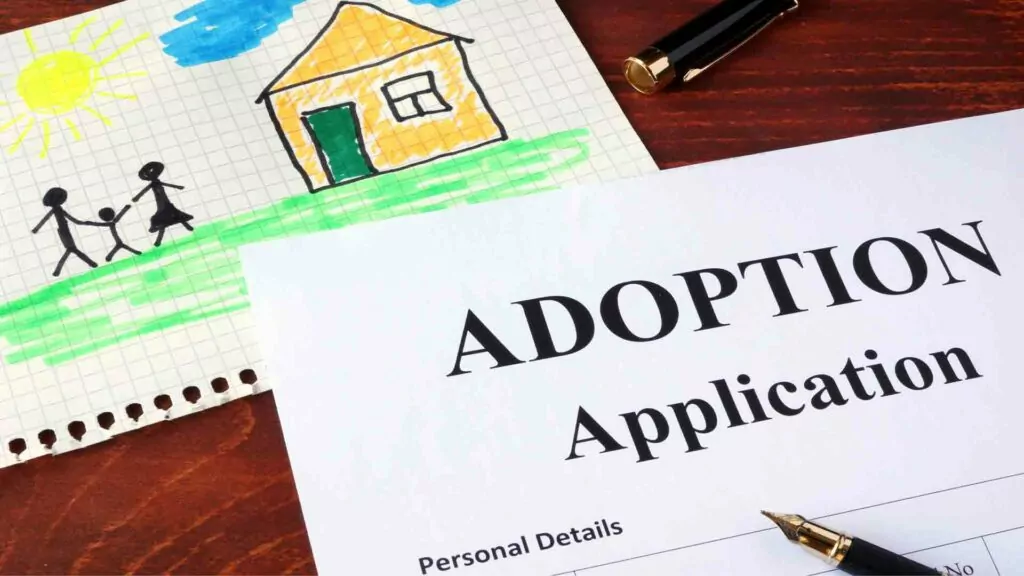It’s been 25 years now since Vice President Al Gore famously declared “Only an insignificant fraction of scientists deny the Global Warming crisis. The time for debate is over.”
Is it different now? We’re still being told the time for talking is done, and yet “warming” has become disputable enough to necessitate a rebranding – now it’s the “Climate Change” debate that’s over. This is a brilliant rhetorical move in so far as climate change is indisputable – as Heraclitus declared, the one constant in life is change.
Despite what we’re being told there is still a lot to discuss. Think it’s a given that we should spend trillions to slow global warming? It’s nowhere near that simple, as E. Calvin Beisner* pointed out in an article last May – there are an “enormous range of opinions among scholars about:
• how each of the thousands of subsystems of the climate system will respond to rising atmospheric carbon dioxide concentration.
• how much warming will come from the added CO2.
• how much harm and benefit will come from that warming.
• how much benefit will come from the fertilizing effect of rising CO2 on almost all plants.
• how to balance those harms and benefits against the benefits of the energy derived from fossil fuels; and
• what would be the costs and benefits of efforts to reduce CO2 emissions by substituting other energy sources for fossil fuels”
He continued:
Earth’s climate system is one of the most complex natural systems ever studied. It consists of thousands of subsystems — feedback mechanisms — most of which we still don’t understand. We don’t know how strong they are or in some cases even whether they increase or decrease warming or the balance of benefits and harms from it.
Providing energy to everyone is one of the most complex activities ever undertaken. The cost of reducing fossil fuel use — which now delivers about 85% of all energy in the world — is scores of trillions of dollars that could be used otherwise with far more benefit.
This brings us to a key point for Christians to consider: how are the poor being impacted?
We have to speak up for them, because they seem to be forgotten in all of this.
To underscore just how important it is that we speak up for them, let’s remember what happened the last time the United Nations wanted to solve a world crisis. Starting in 1969 the United Nations Population Fund warned the world about the dangers of overpopulation – we were going to run out of food, out of space, and out of resources! As a result of this fear-mongering, millions of children around the world were aborted. In China many mothers were forced to do it, due to China’s one-child policy, but in the West it was sometimes a terribly misdirected sense of nobility that drove women to abort, rather than bring another child into a world they were told was crowded to capacity.
Except it wasn’t, and isn’t. Overpopulation was a myth. That’s obvious today, as countries like China, Japan, Russia, are already dealing with a different type of population crisis – they have shrinking populations, leaving an increasing number of old people, and fewer and fewer young people to care for them. Even western nations like Germany, Canada, and the United States may start to decline in the not too distant future.
This was the crisis that never was. Millions were killed for no reason at all. And Christians should have seen through it from the start. How could we have known? Because God tells us children are a blessing (Ps. 127:3) but overpopulation proponents treated them as more like a curse.
When it comes to Climate Change, God gives us clear guidance in His Word once again. No matter what you think of Global Warming – no matter what degree you think it is, or is not, happening – the one thing all Christians can agree on is that we must not oppress the poor (Prov. 14:31).
So when we craft climate change policies then we need to ask, how will the world’s poorest deal with the rising energy costs, and the rising food costs that come with them? If we help the planet, but hurt the poor, is that a good tradeoff?
It’s nice to talk about renewable energy, but that’s remains expensive and intermittent. How might the poor in Africa, or Asia, or South America be helped if they had access to cheap, reliable fossil fuels?
And if we’re going to spend trillions to fight carbon emissions, shouldn’t we consider what might offer us a better return on that money? How many lives could be saved if we spent those trillions another way? How many millions could be saved with access to clean drinking water? Or a cure for malaria? Or access to housing? Or by the employment opportunities created by natural resource development?
We’re being told the debate is over but for the sake of the world’s poorest we can’t let it be.
* E. Calvin Beisner will be the feature speaker for Reformed Perspective’s 2017 Spring Tour “The Grass is Greener.” He is the author of books on economics, the Trinity, the Psalms, as well as environmental policy, and he is the spokesman for the Cornwall Alliance for the Stewardship of Creation.












